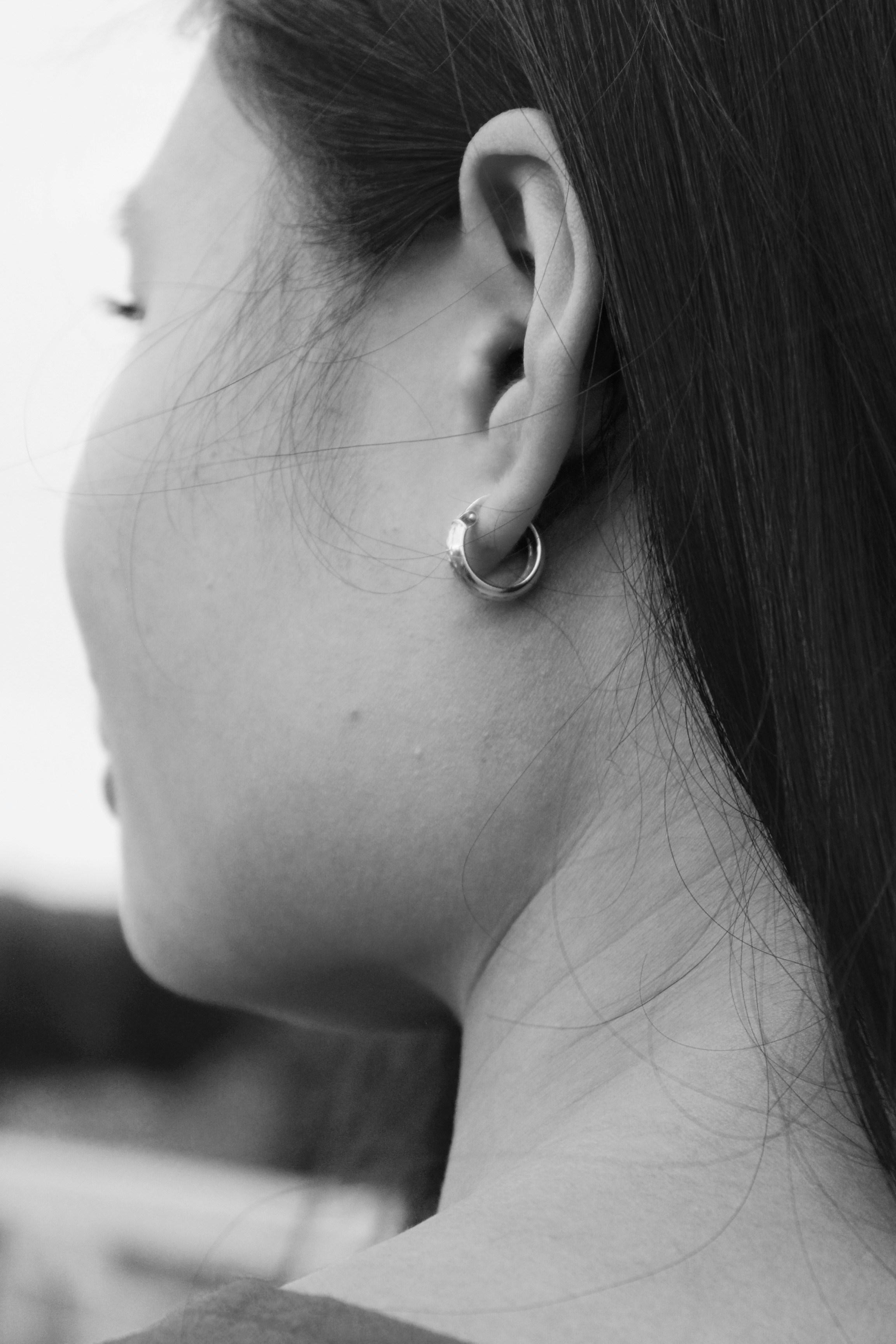Imagine the joyous wag of a tail or the gentle purr of contentment as your furry companion greets you at the door. Our pets bring unparalleled joy and love into our lives, becoming cherished members of our families. But just like us, they can face health challenges, and one of the most common yet often overlooked issues is ear infections. These pesky problems can cause discomfort and distress for our beloved animals, turning their happy-go-lucky demeanor into one of unease.
In this heartfelt guide, we’ll delve into the world of ear infections in pets, exploring the telltale signs, preventative measures, and effective treatments to ensure your four-legged friend stays healthy and happy. Whether you’re a seasoned pet parent or a new guardian, understanding how to prevent and treat ear infections is essential to maintaining your pet’s well-being. So, let’s embark on this journey together, armed with knowledge and compassion, to keep those tails wagging and purrs resonating with joy.
Understanding the Causes of Ear Infections in Your Furry Friends
Ear infections in pets can stem from a variety of sources, making it essential to understand the underlying causes to effectively prevent and treat them. Allergies are a common culprit, with pets often reacting to food, pollen, or dust mites, leading to inflammation and infection in the ear canal. Excessive moisture is another significant factor; water trapped in the ear from swimming or bathing creates a perfect environment for bacteria and yeast to thrive.
Parasites, such as ear mites, can also cause irritation and subsequent infection. Foreign bodies like grass seeds or debris lodged in the ear can lead to similar issues. Additionally, underlying health conditions such as hypothyroidism or autoimmune diseases may predispose pets to recurrent ear infections. Recognizing these causes is the first step in safeguarding your furry friends’ ear health.

Spotting the Symptoms: When to Worry About Your Pets Ears
It’s crucial to keep an eye on your furry friend’s ears to catch any potential issues early. Here are some key symptoms that might indicate an ear infection:
- Excessive scratching or pawing at the ears
- Redness or swelling inside the ear canal
- Unusual odors emanating from the ears
- Frequent head shaking or tilting
- Visible discharge, which could be yellow, brown, or bloody
While some pets might display just one or two of these signs, others could show multiple symptoms simultaneously. If you notice any of these warning signs, it’s time to consult your veterinarian. Early intervention can prevent complications and ensure your pet’s ears stay healthy and happy.

Home Remedies and Veterinary Treatments: A Balanced Approach
Finding the right balance between home remedies and professional veterinary treatments can make all the difference in your pet’s recovery from ear infections. Prevention is key. Regularly check your pet’s ears for signs of redness, swelling, or an unusual odor. Cleaning your pet’s ears with a vet-approved solution can help prevent infections. Avoid using cotton swabs as they can push debris further into the ear canal.
If your pet does develop an ear infection, here’s how you can treat it at home while ensuring they receive the best care:
- Warm Compress: Apply a warm compress to your pet’s ear to alleviate pain and reduce inflammation.
- Apple Cider Vinegar: Dilute with equal parts water and use it to gently clean the outer ear, helping to kill bacteria and yeast.
- Coconut Oil: Known for its antimicrobial properties, it can soothe irritation and help combat infection.
Always consult with your veterinarian to confirm the infection and receive appropriate medication if necessary. This balanced approach ensures your pet’s health and comfort.

Preventive Care Tips for Keeping Your Pets Ears Healthy
Ensuring your pet’s ears remain in top condition is crucial for their overall well-being. Here are some effective tips to keep those adorable ears healthy:
- Regular Inspections: Make it a habit to check your pet’s ears weekly. Look for any signs of redness, swelling, or unusual discharge. A quick inspection can catch potential problems early.
- Gentle Cleaning: Use a veterinarian-recommended ear cleaner and a soft cloth to gently clean the outer part of the ear. Avoid inserting anything deep into the ear canal, as this can cause damage.
- Keep Ears Dry: Moisture can be a breeding ground for infections. After baths or swimming, ensure your pet’s ears are thoroughly dried. Consider using cotton balls to gently absorb excess water.
- Monitor for Allergies: Allergies can lead to ear problems. Keep an eye out for excessive scratching or head shaking, and consult your vet if you notice these behaviors.
- Balanced Diet: A healthy diet supports overall health, including ear health. Ensure your pet’s diet is rich in essential nutrients to bolster their immune system.
By incorporating these simple yet effective practices into your routine, you can significantly reduce the risk of ear infections and ensure your pet’s ears remain happy and healthy.


































